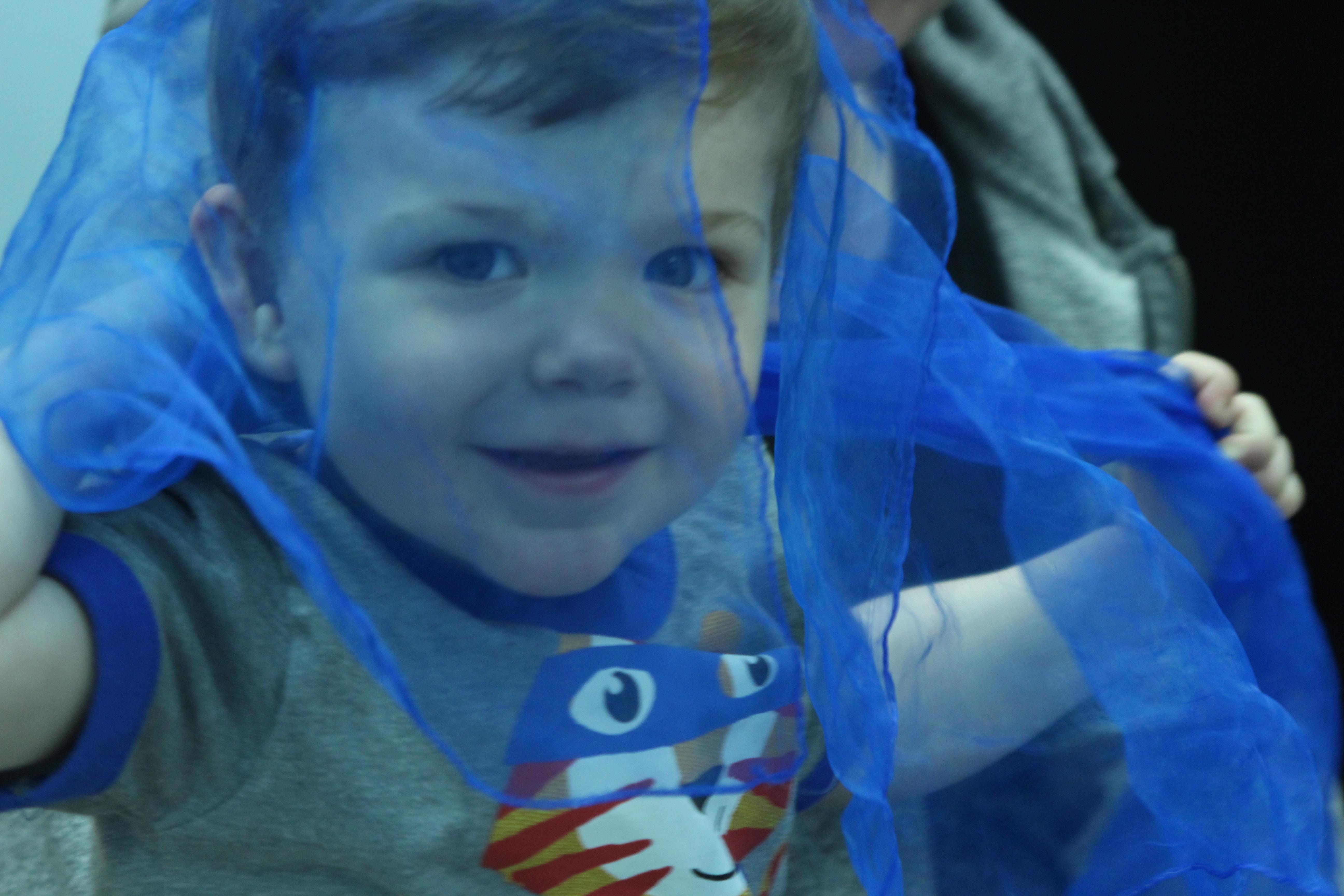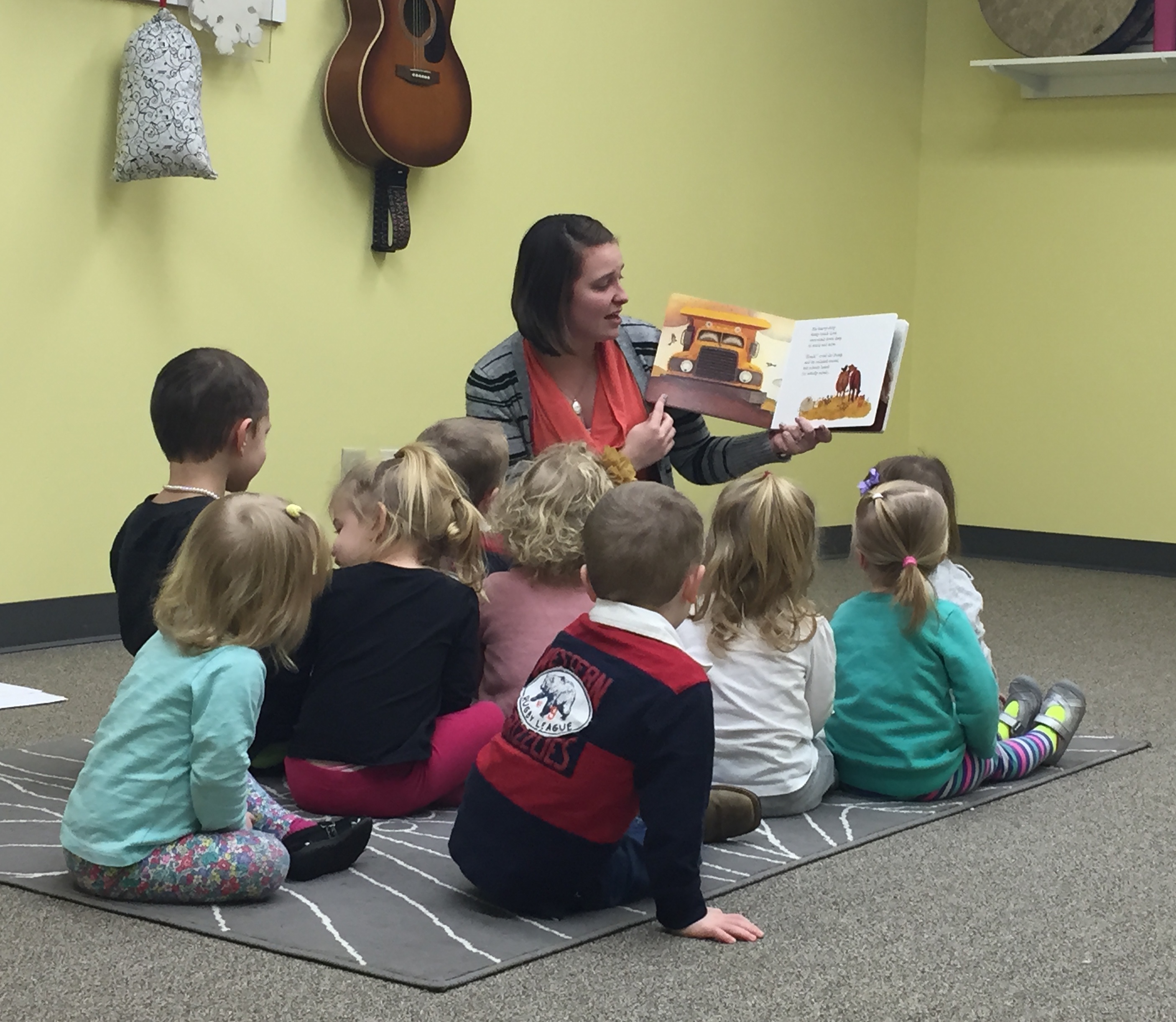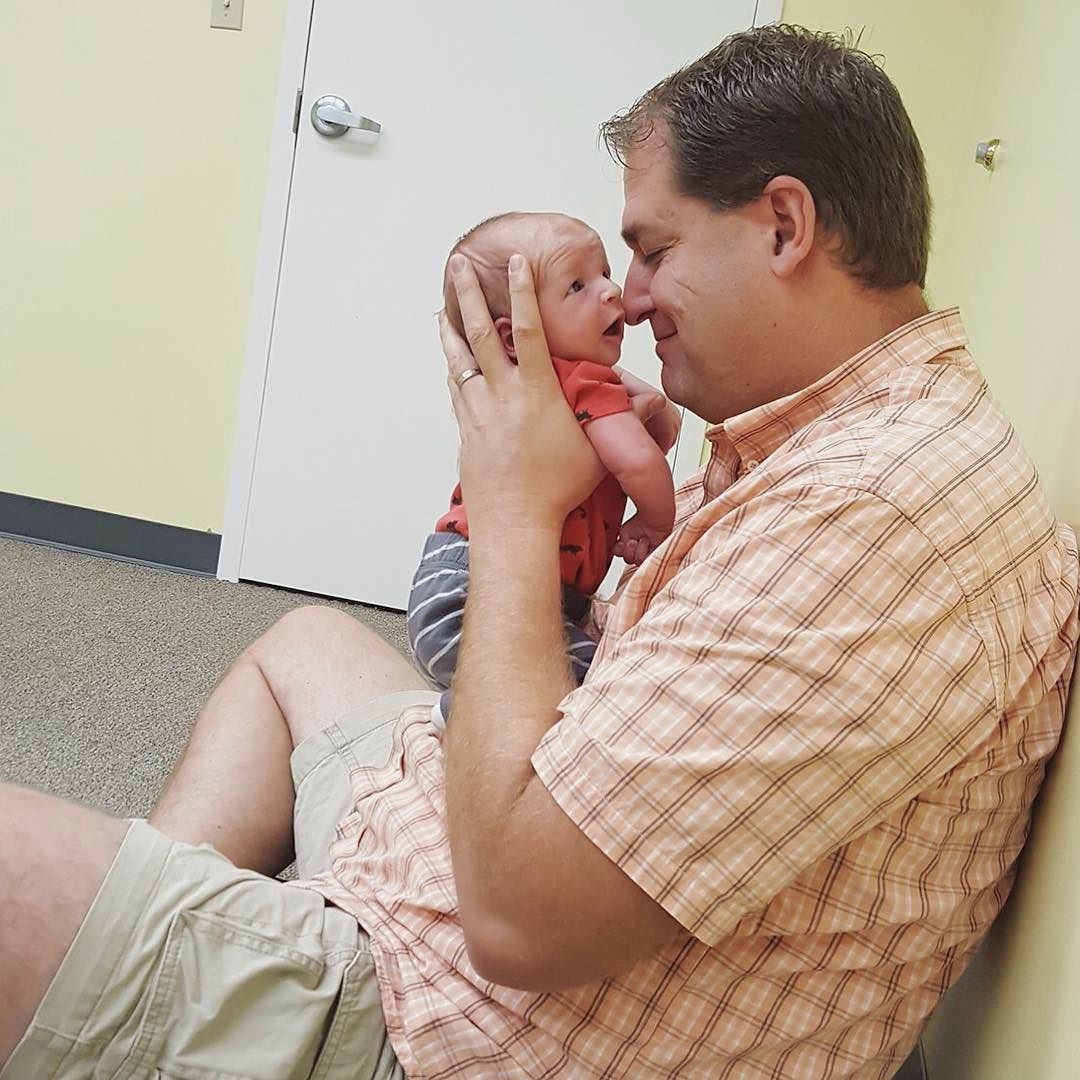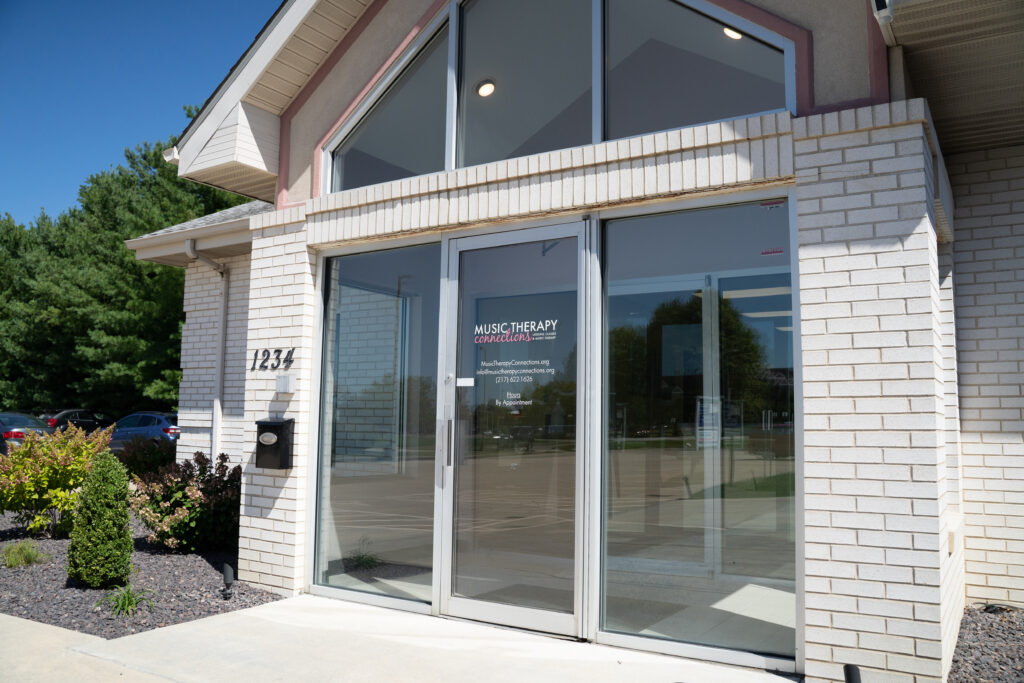I remember the first time I led a music therapy session. My hands were clammy and my fingers trembled as I delicately placed them on the neck of my guitar. With my guitar slung over my body and all eyes on me, I was ready. I lifted my right arm and started strumming my first hello song.
Years later, I don’t remember the songs we sang or instruments we played but I do remember the way that they smiled. It was almost as though making music with these older adults breathed more life into them. That was the moment when I knew that there was no turning back. I was going to be a MUSIC THERAPIST.
Currently, I work with a variety of populations. I facilitate music classes for ages birth to 5 supporting their developmental goals. I provide individual music therapy sessions to children improving their reading and spelling skills, and children and young adults with autism to improve social, emotional, behavioral, and speech goals. I also work with children and adults struggling with their mental health and we work to improve and increase their coping skills in the safe and shared environment of music.
When I give my so-called elevator speech, it often goes like this…
“I am a music therapist! I have a bachelors degree in Music Therapy, have completed extensive training, and have a national board certification. I work with people of all ages and abilities and use music to improve their quality of life and reach their clinical goals in domains such as communication, academia, cognition, social skills, and more!”
It is so difficult to give people a real sense of what it is that I do every day and why it matters. So here it is: this is what I wish I could tell everyone about music therapy. These are the stories I wish I could share with every face on the street and every voice in the hallway. This is why music therapy matters. This is why I do what I do.
I was serving a class of young adults with varying diagnoses. This was a life skills classroom and about 1/3 of the students had meaningful spontaneous speech the rest did not. That said, when these students did speak we listened! With these students I worked on a variety of life skills, but an important part of my job was to hear them. I wanted to hear them, whether or not they were considered “verbal”.
I watched for subtle smiles, dancing, eye contact and any way that they were going to communicate to me that they were having a positive experience. I learned so much about my students in that classroom and in addition to the strides they reached toward their goals, we bonded as we made music every week.
In that classroom I had one student who always began and ended music with repetitiously saying “Mrs. Alisa, I’m happy!” over and over again. I would kindly respond to him and redirect him back to music. I had dismissed it as something this student probably did all of the time until one day I asked the support staff and she said, “No, he only does that for music”. My heart leapt when I realized that this particular student spoke little, but every week he made it a point to tell me that he was happy to create music together, learn, and grow.
In another instance, I have been facilitating developmental music classes for typical children ages 0-5 at a local day care. I have been seeing one particular student since he was two years old. At that time we were concluding our last session before our summer break. We would have three months before our fall groups started, and this student was turning five and entering kindergarten.
He knew when we sang that final goodbye song that this music class might be our last together. It was right after our goodbye song, the entire walk to his classroom he stomped his feet and said “Mrs. Alisa, I’m mad! I’m so mad!!” When we arrived at his door I knelt down in front of him and asked him why he was mad. He simply responded “I want more music”.
I consoled him by telling him that there will always be more music and that I would probably see him again. He gave me one, very tight hug before saying “Mrs. Alisa, thank you for taking me for music” and closed the door to his classroom behind him.
I hope that these stories help to illustrate what a music therapist can provide. I love my job because I feel that it gives me great purpose to give others great purpose. Of course it’s easy to say that I believe in music therapy because the research supports its efficacy. But there is something else here that you can’t see until you’re in it.
There is something about singing to your precious two year old in a music class, or hearing your four year old giggling while she’s dancing her heart out. There is something in music that makes it feel like a safe place to share our struggles with mental health, and find something that feels like healing. There is something indescribable in a moment where a client who is minimally verbal pulls his head from his chest, makes eye contact, and says “thank you”.
No matter how hard I try I can’t explain to you what is different about music therapy, or our adaptive lessons, or our music classes, but I can show you!
For more information on our music classes click here, and to register for lessons, adaptive lessons, or music therapy, click the image below! If you want to talk with one of our team members about what we do, we hope you’ll come to our Open House at 1234 Centre West Drive here in Springfield, IL on Sunday, May 6th! We can’t wait to hear from you!







